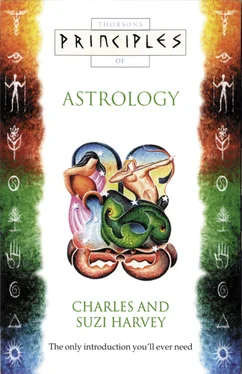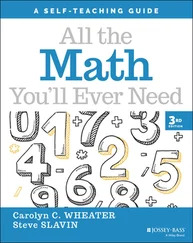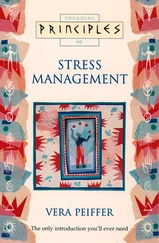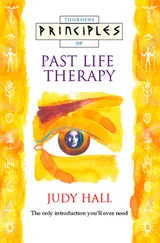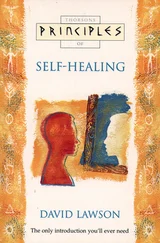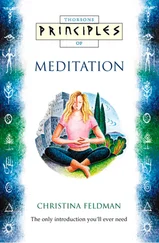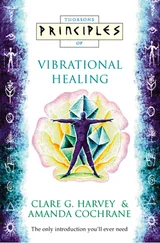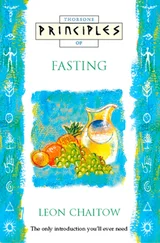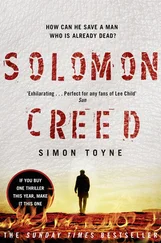Hipparchus(c. 190–120 BCE), Greek astronomer/astrologer, discovers the precession of the equinox, develops the rulerships of the parts of the body by the zodiac.
Philo of Alexandria(20 BCE–50 BCE) attributes seven planets to parts of head, soul and body and develops concept of seven-year rhythm in life.
Thessalos (fl. 50 BCE), physician and astrologer, sets out rules for herb gathering.
Ptolemy(c. 100–180 BCE), astrologer-astronomer, writes his Tetrabiblos (c. 150 BCE) summarizing most of the astrological knowledge of his age.
Plotinus(c. 205–c. 270 BCE) – his Enneads , edited by the astrologer Porphry (c. 232–c. 305 BCE), set out the foundations of Neo-Platonism in which astrology can flourish.
lamblichus(255–330 BCE) incorporates the mystery teachings of the Egyptians, Assyrians, Babylonians and Chaldeans into Neo-Platonic thought.
Firmicus Maternuswrites eight-volume astrology text Mathesios libric c. 335 BCE.
Paulus Alexandrinusc. 370 BCE writes an Introduction to Astrology.
Proclus(410–85 BCE), philosopher and astrologer. His Theology of Plato elaborates on the role and significance of the planetary gods.
Simplicius(531–79 BCE) writes Commentary on the Enchiridion of Epictetus and about the relationship of the soul to the body and astrology.
529 BCEClosure of the Platonic Academy in Rome by Justinian after 1,000 years forces Neo-Platonists with their understanding of astrology into exile in Asia Minor.
625–c. 700 BCEThe rise of Islam and spread of Islamic Empire brings the Neo-Platonic and Jewish and Indian teachings back into the West.
770–73 BCE Caliph al-Mansurhas the Indian Siddhanda translated into Arabic, so beginnng Moslem astrological tradition.
Abu Ma’shar(787–886 BCE) writes his Introduction to Astrology.
Al-Biruni(973–1048 BCE), mystical astrologer.
Ibn Junus(died 1009 BCE), produces the Hakemite Planetary Tables.
1010–1027 BCE Liber Planetis et Mundi Climatibus – the first European astrological text.
Guido Bonati(1210–1300), court astrologer to Frederick II, develops mid-points.
Roger Bacon(1216–94) sees the heavens as the organizing cause of all things.
Thomas Aquinas(1225–74) sets out the place of astrology in the scheme of things.
Petrarch(1304–74) reawakens the world to the cultural riches of the Graeco-Roman culture.
1398,19 September Chancellor of Sorbonne in Paris attacks astrology.
Marsilio Ficino(1433–99) in his De vita coelitus comparanda expounds on the value of astrology in daily life.
Regiomontanus,Johann Muller (1436–61), astrologer and ‘Father of German astronomy’, recovers and translates key Greek astronomical/astrological texts.
Pico della Mirandola(1463–94) denounces the abuses of astrology.
Nicolaus Copernicus(1473–1543), founder of heliocentric astronomy, an astrologer.
Paracelsus(1493–1541), doctor, philosopher and astrologer, teaches that medicine without astrology is pseudo-medicine.
Michel Nostradamus(1503–66), physician and astrologer to Catherine de Medici.
Tycho Brahe(1546–1601), astronomer, sought to reform astrology.
Francis Bacon(1561–1656), philosopher and Lord Chancellor of England, advocates the use of astrology in medicine and weather-forecasting.
Galileo(1564–1642), astronomer and practising astrologer.
Johannes Kepler(1571–1630), astronomer and astrologer; discovers laws of planetary motion; works to demonstrate and reform astrology.
Dr John Dee(1527–1608), scholar, astrologer, spy (original 007), chief adviser to Queen Elizabeth I – elects her coronation chart.
William Lilly(1602–81), the first astrologer to write in English, forecasts Great Fire of London.
Placidus de Titis(1603–68), scholar, physician and astrologer.
Elias Ashmole(1617–92), scholar and astrologer, founder of Ashmolean Museum, Oxford.
Sir Isaac Newton(1642–1727) ends his days studying alchemy, a subject steeped in astrological method.
From about 1700, astrology began to fade from the map of mainstream knowledge, eclipsed by the excitement of discoveries in the material sciences which became the focus of intellectual exploration. The serious study of astrology survived amongst individual students and practitioners rather than in academia, though there were individual intellectuals who publicly espoused it. This was especially the case in Germany where the great German poet, writer, scientist and polymath Goethe (1749–1832) studied astrology and opened his autobiography with details of his birth chart which he considered a good description of his basic nature. The philosopher August Wilhelm Schegel (1767–1854) taught that ‘astronomy will have to become astrology again’, and the last university professor of astrology in Europe, Johann Wilhelm Pfaff (1774–1835), called for its recognition as a legitimate science in his The Rationale of Astrology. Arthur Schopenhauer (1788–1860), the philosopher, moved from a hostile position in his early work to a more sympathetic view in his On Age Difference. In the USA Ralph Waldo Emerson (1803–82), the philosopher with Neo-Platonic leanings, was sympathetic to astrology, describing it as ‘astronomy brought down to earth and applied to the affairs of man’.
When the study of astrology faded, it was still part of mainstream thought; but when it began to re-emerge as a subject for popular study in the late 19th century, it was as a result of the efforts of relatively few maverick individuals working from outside the boundaries of orthodox study. Throughout the 20th century it has gradually developed and progressed into its present highly sophisticated form as the result of the work of a series of dedicated individuals and organizations. Some of the highlights of this story are shown below.
The Renaissance of Astrology
Richard Garnett (1835–1906),Keeper of Printed Books at the British Museum, advocates the use of astrology.
1880A.J. Pearce (1840–1923)edits Urania and other journals. His The Textbook of Astrology takes a pragmatic and experimental approach to its development.
Walter Gorn Old/Sepharial (1864–1929) writes many books on astrology.
1888Paul Choisnard/Flambert (1867–1920) starts statistical research in astrology.
1890Alan Leo/William Frederick Allen (1860–1917) and F.W.Lacey found the monthly Modern Astrology ( 1890–1943). Leo goes on to publish a series of books with strong theosophical slant covering most known areas of astrology.
191513 July, 7.15 p.m., Alan and Bessie Leo found The Astrological Lodge of the Theosophical Society, the ‘mother’ of British astrology.
1926The first issue of the Lodge’s Astrology Quarterly edited by Charles Carter (1887–1968), philosopher and experimentalist who wrote widely on astrology.
1928The first Cosmobiology Yearbook published in Germany. Alfred Witte in Hamburg publishes his Regel für Planetenbilder (Rules for Planetary Pictures).
Читать дальше
